 You work hard as a self-published author, developing your creative ideas and eventually sharing them with the world. You might want to protect your work as you go. Here’s everything you need to know about safeguarding your unpublished literary works.
You work hard as a self-published author, developing your creative ideas and eventually sharing them with the world. You might want to protect your work as you go. Here’s everything you need to know about safeguarding your unpublished literary works.
How Does Intellectual Property and Copyright Work for Self-Published Authors?
Technically, a self-published work is copyrighted by law when it exists in a physical form. For instance, when you write or type your story on paper, you don’t need to do anything else to protect it.
Copyright protection of intellectual property applies to books, essays, blogs, poetry and articles — works for reading, not performing, such as a play. It also doesn’t pertain to generic ideas — like three school-age friends working together to defeat evil — but will extend to its actual interpretation, such as the Harry Potter series.
When you own the copyright of your work, you can generate, sell, distribute, adapt or display your work as you see fit.
6 Ways to Protect Unpublished Work
Writing a completed project takes time, and self-published authors might worry their unpublished literary works may be stolen or compromised. Although the chance of this happening might be low, there are still ways to protect your unpublished work legally.
1. Save and Date Your Original Work
Always save and date your original creation. You can print it out and have it notarized or mail a copy to yourself with the postmark date — the latter is known as the “poor man’s copyright.” Also, ensure the most recent version is saved and dated correctly on your computer.
Remember, these measures can help if you file an infringement claim in court, but they will not be as beneficial as officially registering and certifying the work.
2. Register With the U.S. Copyright Office
Although some might say registering your unpublished literary works with the U.S. Copyright Office is premature, there are numerous reasons why you might choose to, such as:
- Protects your work as you submit it to third parties, such as editors and publishers
- Creates a public record of your copyrighted unpublished work
- Allows you access to federal courts and the Copyright Claims Board if someone steals your work
- Helps you gain statutory damages from a successful copyright infringement lawsuit
Copyright terms for unpublished works are the author’s life plus 70 years — the term for an anonymous author is 120 years from the creation date.
3. Remove it Entirely
You may decide to get rid of your unpublished work for whatever reason so nobody can use your ideas. This could entail shredding the manuscript and other printed material using a paper shredder.
When deleting files from your hard drive, your work won’t be entirely removed from the computer — someone can just use software or hardware to recover it. You must physically destroy the device to ensure unauthorized people can’t access the document.
4. Add a Watermark
Although a watermark doesn’t prevent someone from sharing your unpublished work, it can be an effective deterrent.
A digital watermark, in particular, offers electronic security to protect your manuscript. This way, if someone copies it, you know which version they used. For example, if you employ different watermarks on every advanced reader copy (ARC) you send out, you can trace the pirated file back to them.
Digital watermarks are usually expensive to apply, whereas a visual watermark can be added to your document in a word processing program. The watermark graphic will simply remind readers not to copy or share your work.
5. Include a Copyright Notice
Self-published authors may apply an optional copyright notice to their unpublished work, preventing others from claiming innocent infringement.
The copyright notice comprises phrasing as “Unpublished Work, Year of Creation, Copyright Owner.” It will also include a symbol of the letter C in a circle between the work and the year of creation.
6. Write Up a Contract or Informal Agreement
An informal agreement may not necessarily prevent a reader from sharing your unpublished work, but it is an acknowledgment of your desired confidentiality. For instance, if you’re disseminating your ARC with a beta reader — a volunteer who reads early versions of your work and provides feedback — you might first send an email asking them not to copy or share it with anyone. Once they agree, you can send them the ARC.
Unpublished work will likely go through several parties, including editors, proofreaders, book cover artists and publishers. Therefore, you should lay out the basic terms of the written contracts. Contracts help establish expectations with various provisions. If a third party doesn’t provide you with a written contract, they might not be as professional as you think.
Remain Cautious and Protect Your Unpublished Work
One of the worst things a writer can endure is having their creative expression stolen and claimed as someone else’s. You can protect your unpublished work from possible infringement by applying these measures.
Get an Editorial Review | Get Amazon Sales & Reviews | Get Edited | Get Beta Readers | Enter the SPR Book Awards | Other Marketing Services


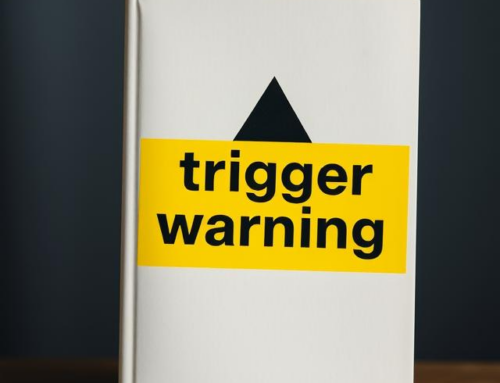

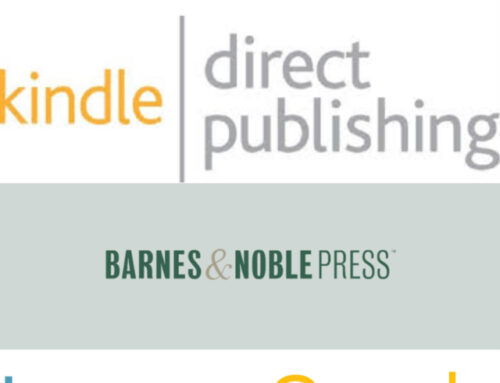



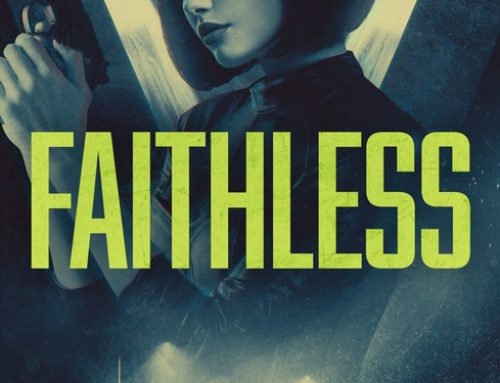


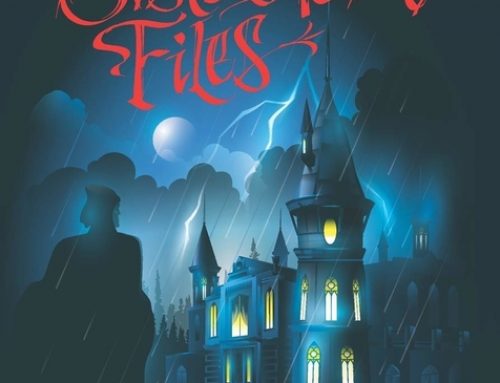



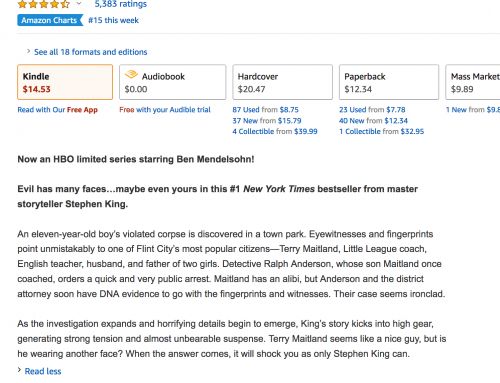
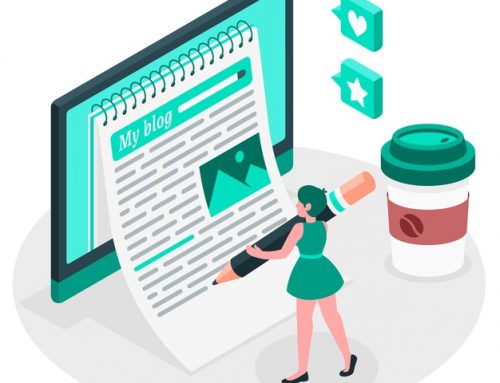





Leave A Comment